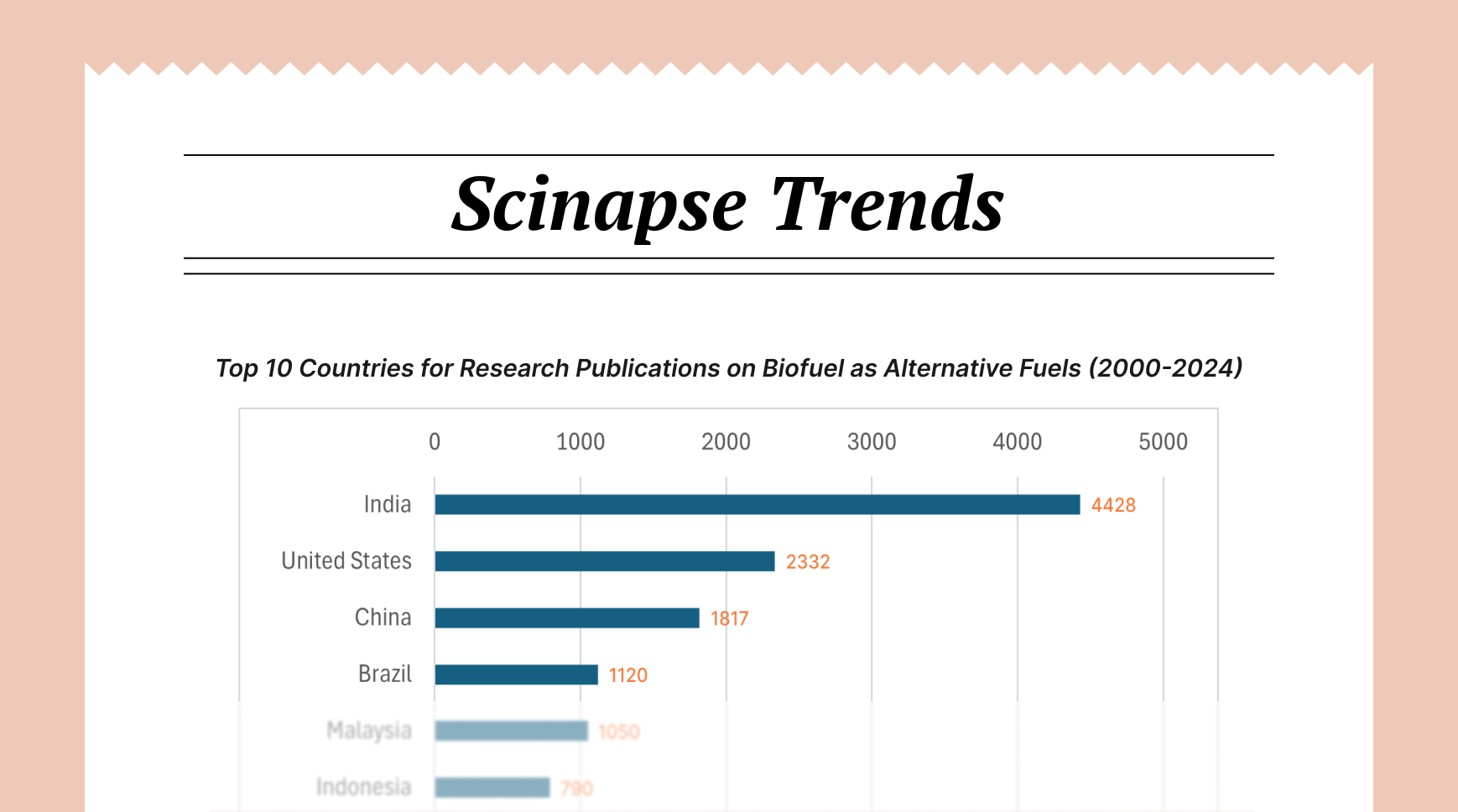AI-Assisted Peer Reviewer Selection: Addressing and Overcoming the Shortage in Scholarly Publishing

With the growing volume and complexity of research output, the need for top researchers and experts to serve as peer reviewers is more important than ever. However, editors, publishers, and authors regularly struggle to find the best peer reviewers, a problem compounded by the growing scarcity of willing and available reviewers. Using AI-assisted peer reviewer selection can assist editors and publishers in ensuring a smooth and trustworthy peer review process for their publications.
The Peer Review Crisis Is a Crucial Problem
The shortage of peer reviewers is a complex issue with far-reaching consequences for the research community. Several factors contribute to this growing problem:
- Review fatigue: With more submissions, researchers may experience burnout and diminished willingness to engage.
- Lack of recognition: Peer review is generally overlooked in academic career advancement, leaving little incentive for participation.
- Increasing specialization: As research fields get more specialized, finding reviewers with relevant knowledge becomes more problematic.
The implications of this shortfall are significant. Publication timeframes are frequently delayed, review quality may suffer, and the strain on interested reviewers grows. These difficulties jeopardize the credibility of the peer review process and, as a result, the quality of published research.

5 Key Factors in AI-Assisted Peer Reviewer Selection
When implementing AI-assisted peer reviewer selection, several key factors play a crucial role in identifying the most suitable reviewers.
1- Areas of Expertise
The ability of an AI tool to accurately match a reviewer's expertise with the content of a manuscript is one of the most important considerations in the selection process. This guarantees that reviewers are well-versed in the manuscript's topic and can provide useful input.
2- Number of Publications
The number of publications a researcher has is a reliable indicator of their expertise and involvement in the subject. A higher number of publications typically indicates more broad research experience, which can be useful for peer review. However, it is critical to ensure that quality is not sacrificed in favor of quantity and to account for variations in publication rates among fields.
3- Citations
Highly cited researchers are frequently regarded as influential in their field, with the potential to provide useful insights throughout the peer review process. In practice, AI can examine citation networks to discover researchers whose work is regularly cited in the field relevant to the manuscript. What is vital is to avoid prejudice toward known researchers while also ensuring that newer, intriguing voices are not neglected.
4- H-index
The h-index is a metric that aims to assess a researcher's productivity as well as their influence. It offers a fair perspective of a researcher's output and its reception by the research community. Using the h-index to rank potential reviewers may result in minimum thresholds for specific sorts of articles. However, human control is required here because the h-index is field-dependent and may not adequately reflect the skill of early-career researchers.
5- Personal Impact Factor
This metric attempts to quantify an individual researcher's impact, similar to a journal's impact factor. It can provide insight into the overall influence of a researcher's body of work.
By considering these factors, AI-assisted peer reviewer selection can go beyond simple keyword matching to identify reviewers who are not only knowledgeable in the subject matter but also experienced, influential, and likely to provide high-quality reviews.
The integration of AI assistance in the peer reviewer selection processes represents a significant advancement in addressing reviewer shortage.
👆🏻Book your Scinapse demo today to learn how you can use AI-assisted peer reviewer selection in your journal!
written by Uttkarsha B
Never re-search again.
Scinapse is made by researchers for researchers.
Join the next generation of research at ⏯️ https://scinapse.io/
Pluto Labs
Pluto Labs helps researchers focus on their research by improving several inefficiencies in the academic research process. We offer data-driven insights from academic papers, allowing users to easily obtain review-level results for their desired range of papers.
https://pluto.im/





Comments ()